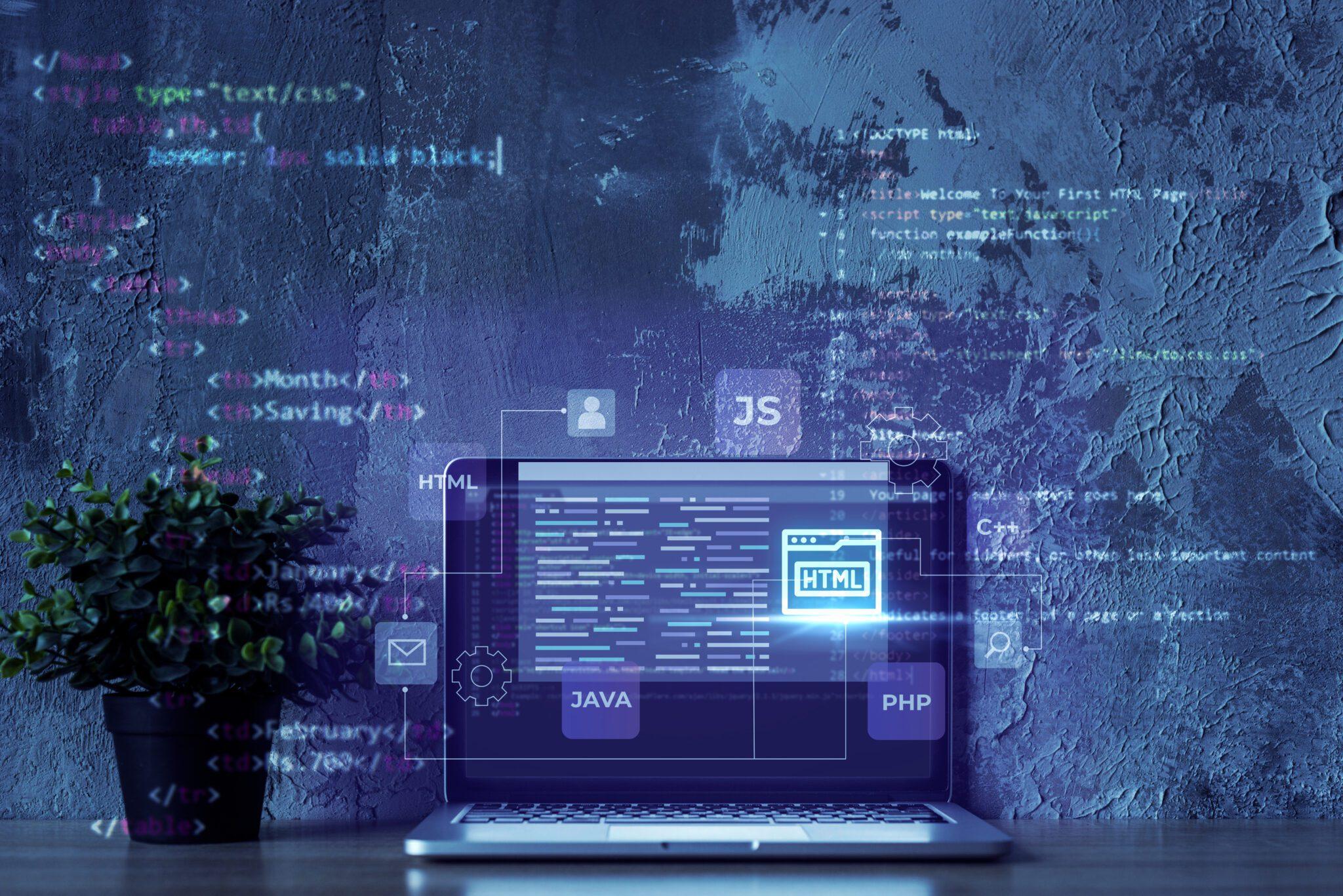Navigating the Future: Trends and Technologies Shaping Software Engineering in 2023 and Beyond

In the ever-evolving landscape of technology, software engineering remains at the forefront of innovation. As we step into 2023, the future of software engineering holds exciting possibilities, driven by transformative trends and cutting-edge technologies. In this blog, we’ll explore the key developments shaping the future of software engineering, providing insights into what lies ahead.
1. Artificial Intelligence (AI) Integration:
The integration of Artificial Intelligence (AI) into software engineering processes is a game-changer. AI is not just a tool but a collaborator, automating mundane tasks, enhancing code quality, and optimizing development workflows. Machine learning algorithms are being employed to predict defects, optimize code, and even generate code snippets, boosting efficiency and reducing development time.
2. DevOps and Continuous Integration/Continuous Deployment (CI/CD):
DevOps practices and CI/CD pipelines continue to gain prominence, promoting collaboration between development and operations teams. The automation of the software development lifecycle ensures faster delivery, frequent releases, and more reliable software. This trend is set to expand further, with a focus on enhancing agility, reducing time-to-market, and ensuring seamless integration.
3. Low-Code/No-Code Development:
The democratization of software development is becoming a reality with the rise of low-code/no-code platforms. These platforms empower individuals with limited coding experience to contribute to application development. As a result, businesses can accelerate the development of applications, prototypes, and MVPs, promoting a more inclusive approach to software engineering.
4. Edge Computing:
Edge computing is reshaping the way software is designed and deployed. With the increasing reliance on IoT devices and the need for real-time processing, edge computing brings computation closer to the data source. This trend is vital for applications requiring low latency and high performance, such as autonomous vehicles, smart cities, and augmented reality.
5. Quantum Computing:
While still in its infancy, quantum computing holds immense potential for software engineering. It has the capability to solve complex problems that are currently beyond the reach of classical computers. As quantum computing matures, software engineers will need to adapt and explore new algorithms to harness its power, particularly in areas like cryptography, optimization, and machine learning.
The future of software engineering is undeniably exciting, driven by the convergence of artificial intelligence, DevOps practices, low-code/no-code development, edge computing, and the emergence of quantum computing. Adapting to these trends will be crucial for staying competitive in a rapidly evolving digital landscape.
As we venture into 2023 and beyond, software engineers and organizations alike should embrace these advancements to unlock new possibilities and drive innovation in the world of software development. ISpectra Technologies, as a leading technology partner, remains committed to navigating and harnessing the potential of these trends, ensuring that businesses thrive in the digital era. Join us in this transformative journey where the future of software engineering unfolds with endless possibilities.
- Art
- Causes
- Crafts
- Dance
- Drinks
- Film
- Fitness
- Food
- Games
- Gardening
- Health
- Home
- Literature
- Music
- Networking
- Other
- Party
- Religion
- Shopping
- Sports
- Theater
- Wellness
- IT, Cloud, Software and Technology


